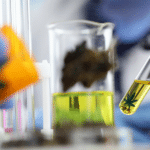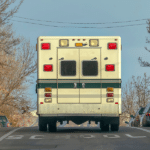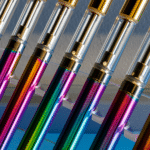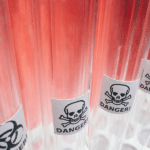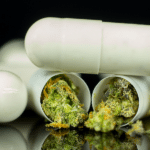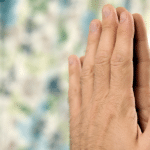Part of why doctors remain wary of cannabis medicine is the lack of randomized, double-blind, placebo controlled trials — the gold standard for medical research.
Because of cannabis’ status as an illicit drug, research is often relegated to retrospective surveys, which are useful but more likely to be biased. But there are methods in between these two schemes, such as open-label trials. In an open label study, patients are not blinded to which medicine they receive and the protocol is often less strict. Australian scientists recently published an open label study of Epidiolex in pediatric epilepsy. The forty children involved had extreme cases: they had uncountably many daily seizures, and the typical child had already tried nine different medications, yet was younger than nine years old. Around 18-30% of children were “much improved” or “very much improved” by CBD treatment, depending on whether their caregivers or physicians were asked. This rate of improvement is similar to, but slightly lower than, previous trials of Epidiolex. No one’s seizures stopped entirely with CBD treatment, which normally happens in about 10% of cases. A few side effects were highlighted — many patients had somnolence, especially those taking CBD with clobazam. Two kids on both valproate and CBD had altered liver function. One patient was thought to have an increase of seizures due to CBD treatment, though it is difficult to discern given the severity of their initial condition.
Read study: Cannabidiol for treating drug‐resistant epilepsy in children: the New South Wales experience
Adrian Devitt-Lee is a research scientist and longtime Project CBD contributor. © Copyright, Project CBD. May not be reprinted without permission.


